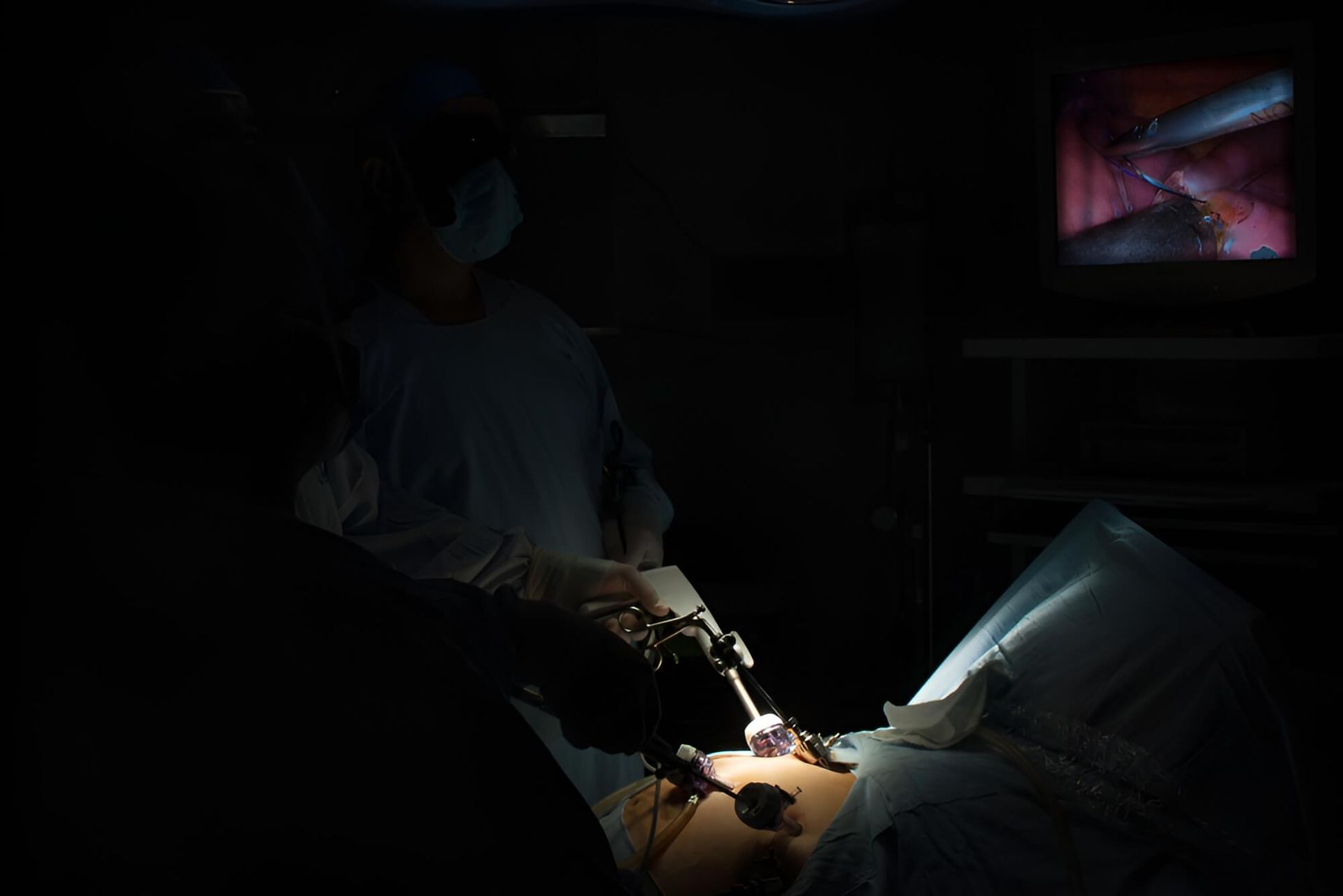We Offer Gastrectomy in Brisbane
Wide Range of Surgical Treatments
Support for Enhanced Recovery After Surgery (ERAS)
Non-Judgemental Practitioners
What Is Gastrectomy?
Gastrectomy is the removal of all or part of the stomach, usually done for cancer. This can be conventional gastric cancer (‘adenocarcinoma’), where the nearby lymph nodes are also removed, or gastric GIST where just the local part of the stomach with the tumour is removed. If a large proportion or all of the stomach is removed, the small bowel is used to restore intestinal continuity to allow eating after surgery.
Gastrectomy requires a 3 – 10 night stay in hospital, depending on how much stomach is removed. Most gastrectomies are done laparoscopically, minimising pain after surgery. Conversion to open surgery is very rare, though a small incision (5 – 8 cm) is often required to remove the stomach specimen.
Indications & Side Effects
Indications
Surgery to remove gastric cancer remains the only potential cure. Chemotherapy before and after surgery is often used, in addition to surgery, to improve the chance of cure.
Side Effects
Side effects of surgery can include:
- Nausea.
- Difficulty eating meals, early satiety.
- Dumping.
- Weight loss.
- Bowel obstruction.
- Reflux.
These problems will settle over the 6-8 weeks after surgery.










